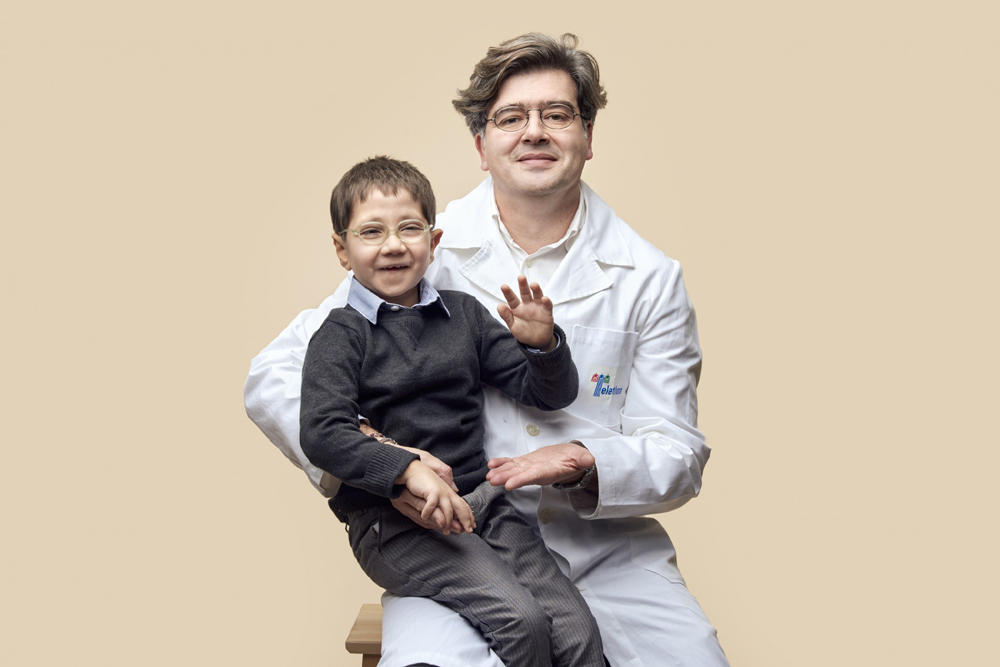Access to high quality data from patients and families is essential for medical and scientific research into genetic diseases.

What biobanks are?
Biobanks are research infrastructures that store and distribute biological samples and associated data for research purposes. They provide important services to facilitate the exchange of resources for the advancement of research.
Telethon Network of Genetic Biobanks (TNGB) was created in 2007 as a project to centralise collections of extremely rare biological samples from patients with genetic diseases. The network is called Telethon Network of Genetic Biobanks (TNGB) and currently consists of 11 Biobanks distributed throughout Italy, coordinated by the Istituto Ortopedico Rizzoli. In 2023, Telethon Foundation confirmed its support of this network for the costs of structure and software management.
These precious biological samples are listed in the TNGB online catalogue (http://biobanknetwork.telethon.it), which is open for all to browse. The TNGB has established network charter and a governance model based on transparency, as well as applying standardised operating procedures for sample processing and management to ensure the high quality of the samples across the network. TNGB fosters collaborations with patient organisations; creating specific sample collections and advocates for patient engagement. The network is supported by a scientific advisory board, with experts in biobanking, ethics and patient representatives.
In October 2016, an article published in the Orphanet Journal of Rare Diseases by the former TNGB coordinator, Mirella Filocamo, the heads of the network biobanks and the Telethon scientific office, confirmed how this network is an effective example of patient community involvement in the development and management of genetic biobanks and can serve as a model for similar future experiences.
Collaborations such as these help not only to increase awareness and participation of patients and their associations in scientific research, but also to encourage the research community to get involved in rare genetic diseases.

Giuseppe Merla, a genetic biologist at the Casa Sollievo della Sofferenza in San Giovanni Rotondo, has been funded by the Telethon Foundation to build a biobank. Thanks to his work, two girls, Nicla and Raffaella, are able to be diagnosed after twenty years.